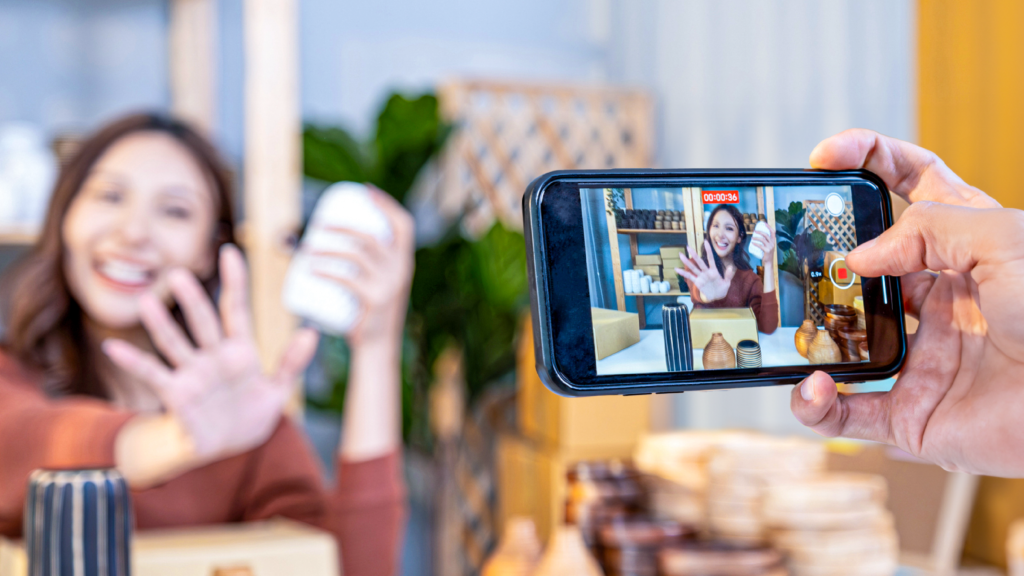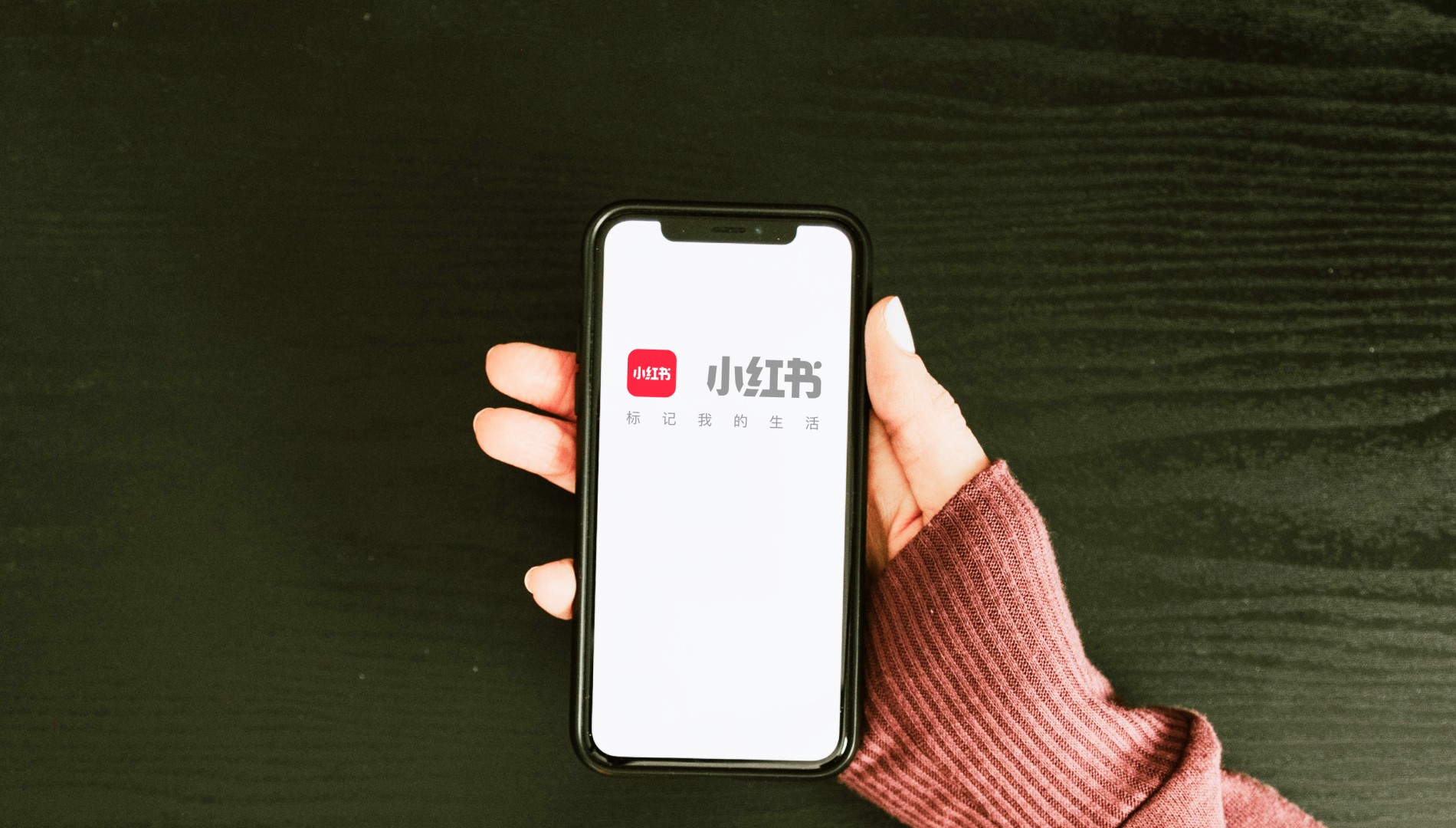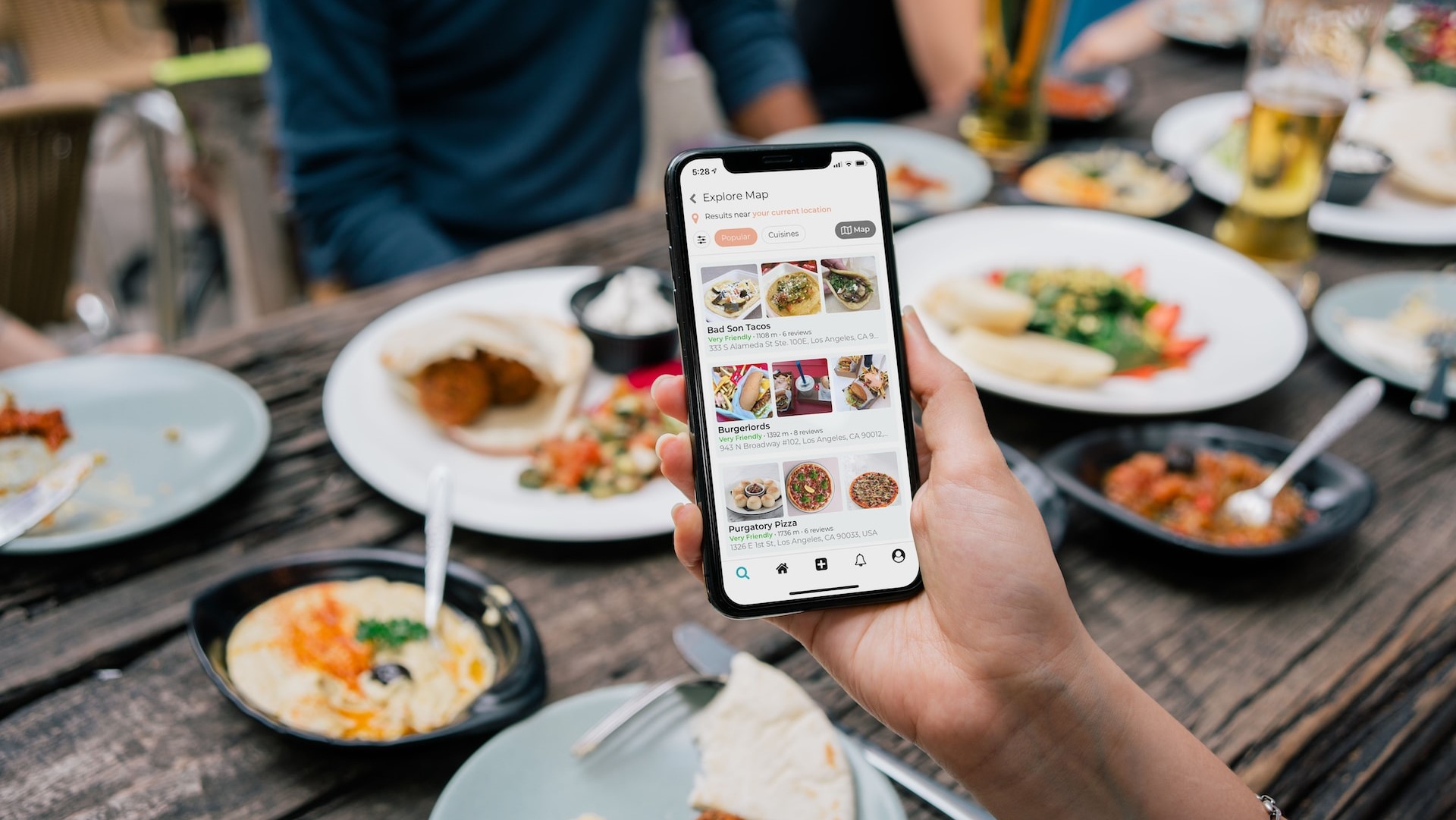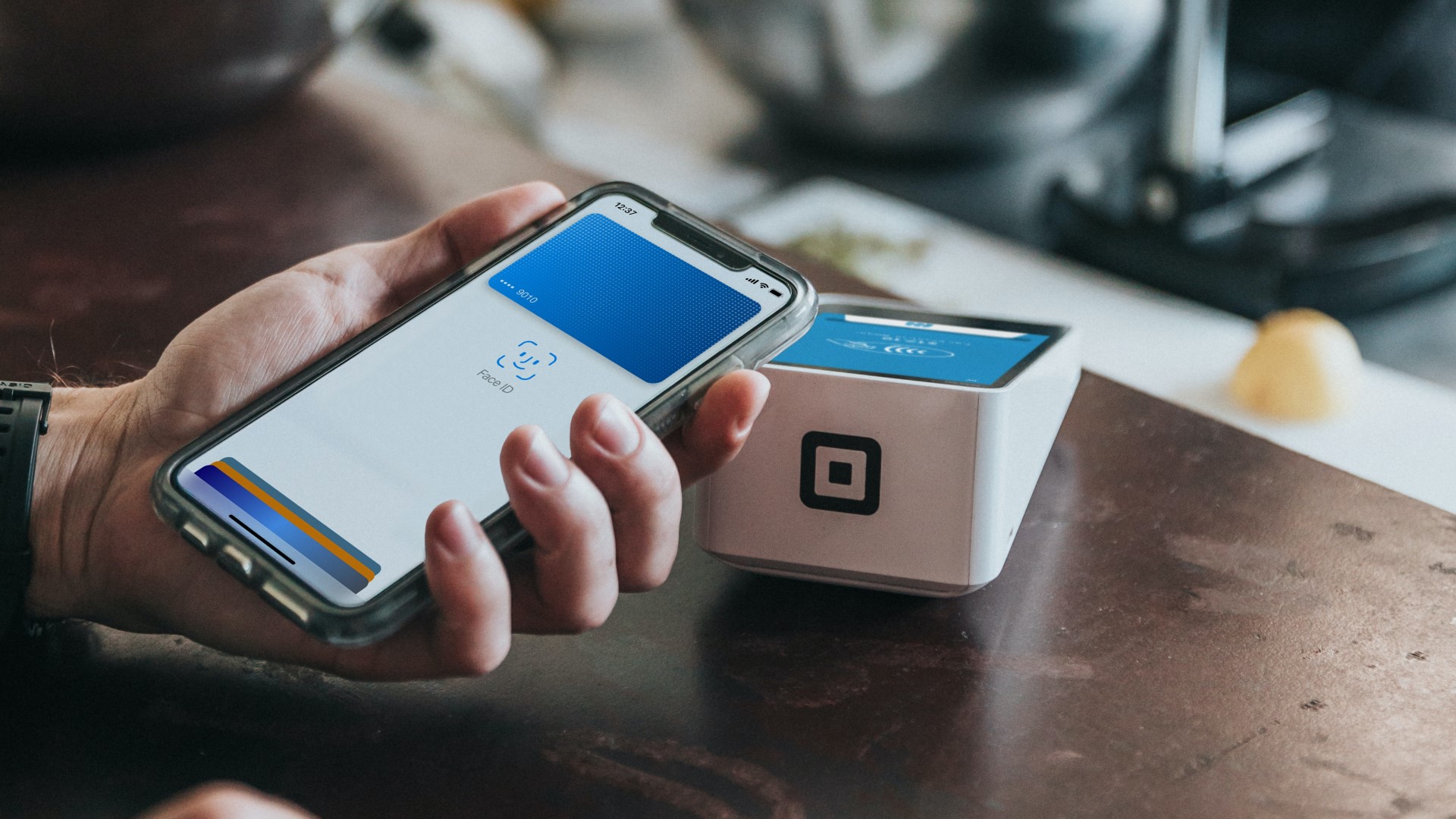
Virtual Event Marketing Strategies in the Digital Age
Virtual events have become a cornerstone of modern marketing, offering businesses a cost-effective, scalable, and engaging way to connect with their audiences. With advancements in technology and the increasing demand for digital-first experiences, mastering virtual event marketing strategies is more important than ever. Here’s how you can elevate your virtual event marketing in the digital age.
1. Set Clear Goals & Choose the Right Format
Every successful virtual event begins with a well-defined purpose. Are you aiming to generate leads, boost brand awareness, engage customers, or drive sales? Your goals will shape the format, content, and promotional strategies for the event. For example, a webinar is ideal for educating attendees and sharing expertise; virtual conferences work well for multi-session events with networking opportunities; and a virtual product launch or live stream, such as Taobao or Douyin (the Chinese TikTok)’s Live Commerce, prioritises creating buzz and conversions, perfect for real-time engagement.

2. Create Engaging Content
Compelling content is the heart of any virtual event. Try to focus on providing value through relevant topics with relatable story angles, expert speakers or celebrities and influencers, and dynamic presentations. Use multimedia elements like videos, slides, and live demos to keep sessions engaging. Incorporate interactive features like live polls, Q&A sessions, videos and live demos to foster participation. Storytelling is particularly effective in making your content memorable and relatable.
3. All-Round Digital Event Promotion
A comprehensive marketing plan is key to driving attendance. Use email marketing to send personalised invitations and reminders. Leverage social media to create event pages, share teasers, and use targeted ads. Partner with influencers or industry experts to expand your reach. A well-designed landing page with clear event details and a strong call-to-action can also boost registrations.

4. Stay In Touch Post-Event
The event doesn’t end when the session closes. Send follow-up emails with further subject details or additional resources. Repurpose event content into blog posts, social media snippets, or on-demand videos. Use feedback surveys to improve future events and nurture leads through personalised campaigns.
5. Measure Success
Track metrics like attendance, engagement rates, lead conversions, and audience feedback to evaluate your event’s impact. Analyse ROI by comparing costs with the value generated, such as leads acquired or sales closed.

Final Thoughts
Virtual events are here to stay, and mastering their marketing is essential in today’s digital age. By adopting these strategies, you can deliver impactful events that resonate with your audience. With innovation and strategic planning, virtual events can become a powerful tool to build connections, drive engagement, and achieve your business objectives.

How Xiaohongshu Can Help Your Brand Engage With The Chinese Market
So you’ve heard about Xiaohongshu (RED/Little Red Book), one of China’s most trusted cro


Psychology of Successful Marketing Campaigns
Marketing is all about understanding consumer behavior and decision-making. To create more effective
Social Media Image Sizes 2023: Instagram, Facebook, YouTube & LinkedIn
In today’s digital age, social media platforms such as Facebook, Instagram, YouTube, and Linke




